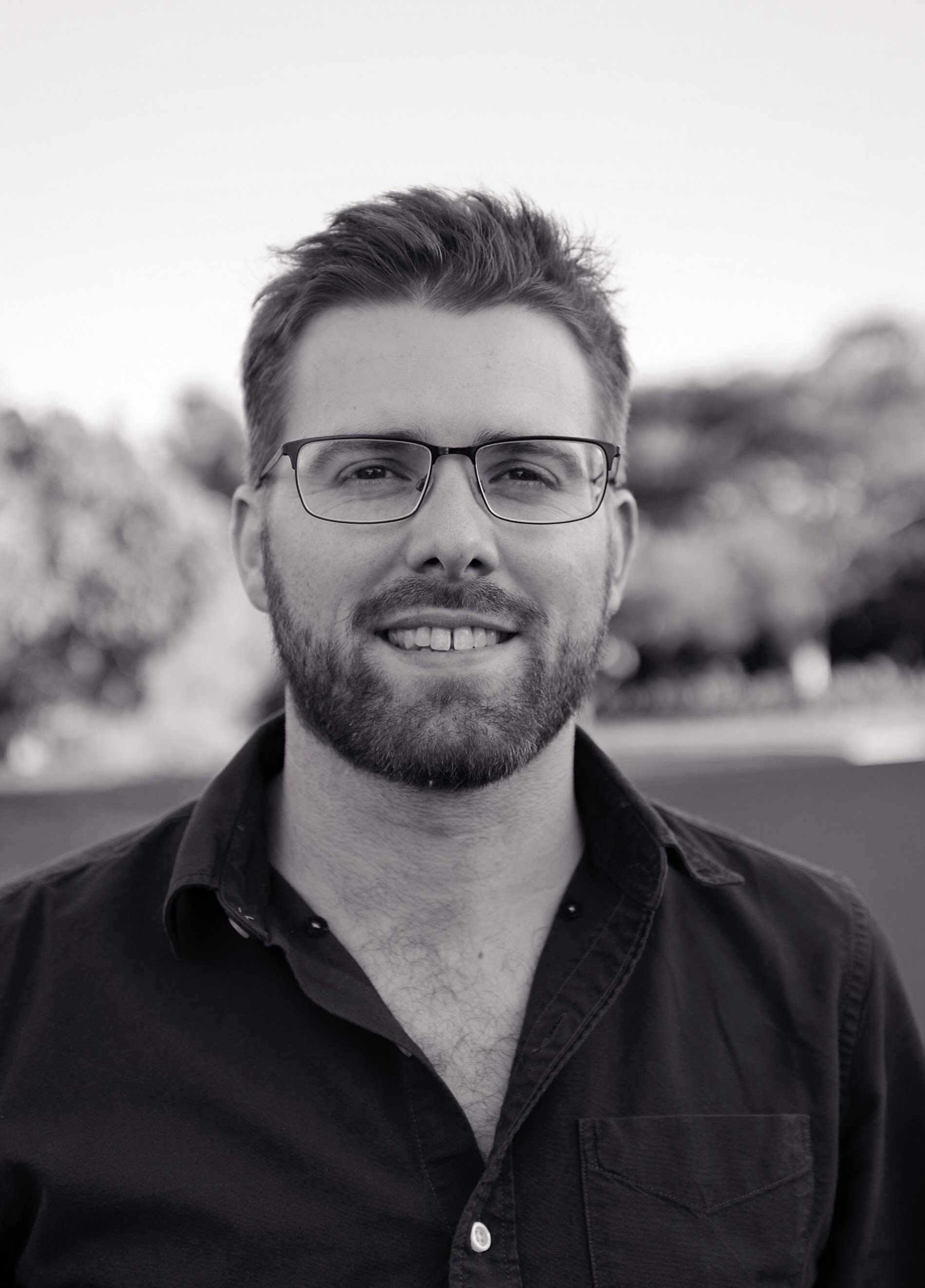News
Invited Talk: Tuesday 28 May - Prof Roger Deane
28 May 2019 15:00 - 16:00
Title: VLBI Science:
The VLBI Radio Sky and Science Highlights
Author: Prof Roger Deane
Associate Professor
Radio Astronomy Group
Department of Physics
University of Pretoria
Abstract:
The technique of Very Long Baseline Interferometry (VLBI) enables radio antennas across the planet to be used as a single, Earth-sized telescope. While it requires additional overhead and post-processing, VLBI provides a dramatic 2-3 order of magnitude improvement in angular resolution when compared to current connected-element radio interferometers. Over the course of the next decade, sensitivity-enhanced VLBI arrays, which will include the Square Kilometre Array and the Event Horizon Telescope, are set to make major contributions to astrophysics and fundamental physics through this angular resolution advantage. In this talk, I will describe the wide range of VLBI science highlights and what may be possible in the future. I will be slightly biased to my own VLBI-related science programmes, including observations of black hole shadows, binary supermassive black holes and MeerKAT-VLBI complements to the MeerKAT extragalactic Large Survey Projects.
More about the author:

Roger Deane is an Associate Professor at the University Pretoria, where he leads the Radio Astronomy Group within the Department of Physics. His research interests include strong gravitational lensing, binary supermassive black hole systems, and shadow detection of the supermassive black hole at the centre of our galaxy. In these pursuits, he uses the technique of VLBI both to conduct wide-field surveys and to perform detailed Bayesian inference of black hole physics. He currently serves as chair of the MeerKAT-VLBI Working Group and is a member of the international SKA-VLBI and Continuum Working Groups, the SARAO Users Committee, the SA LSST (Large Synoptic Survey Telescope) Committee, the Event Horizon Telescope Consortium (and WG co-chair) as well as the BlackHoleCam Consortium.
